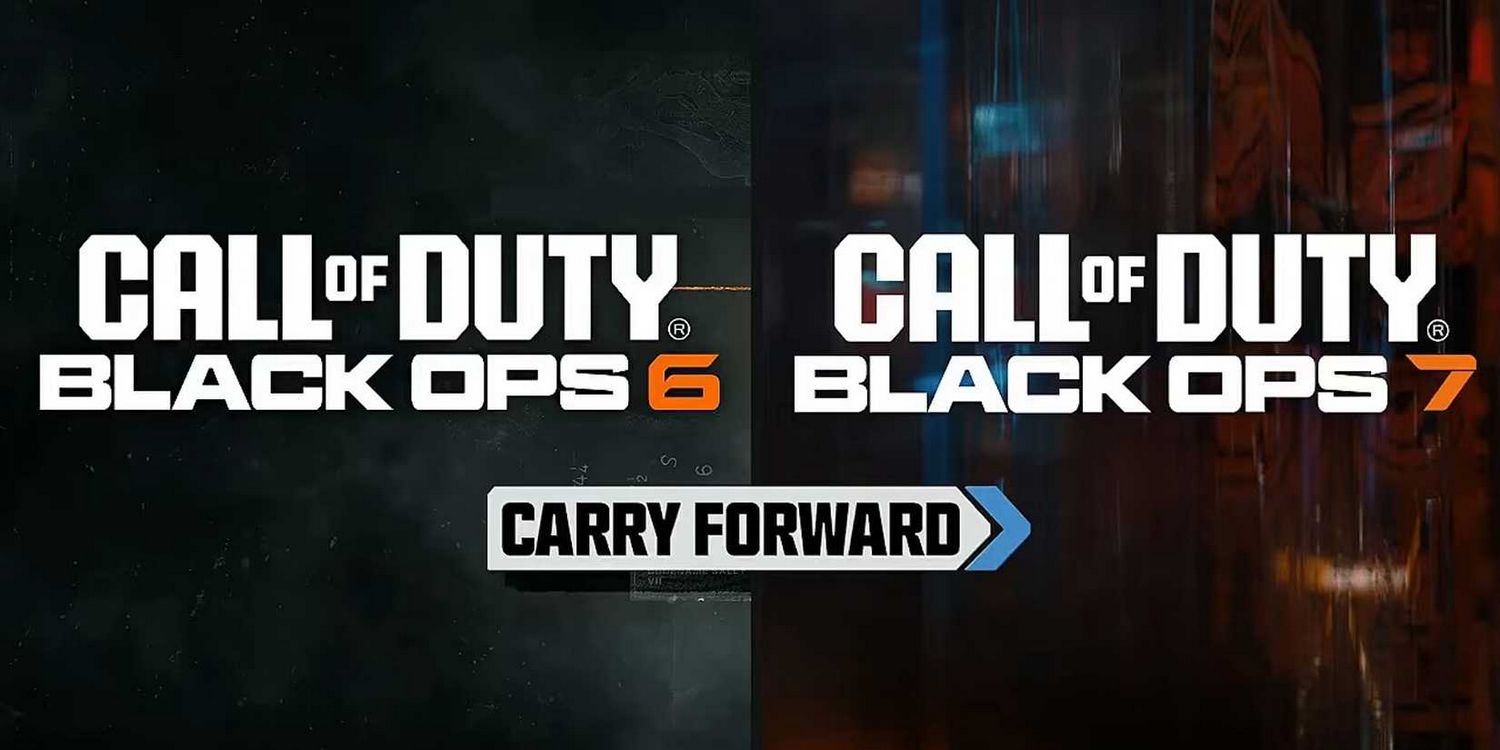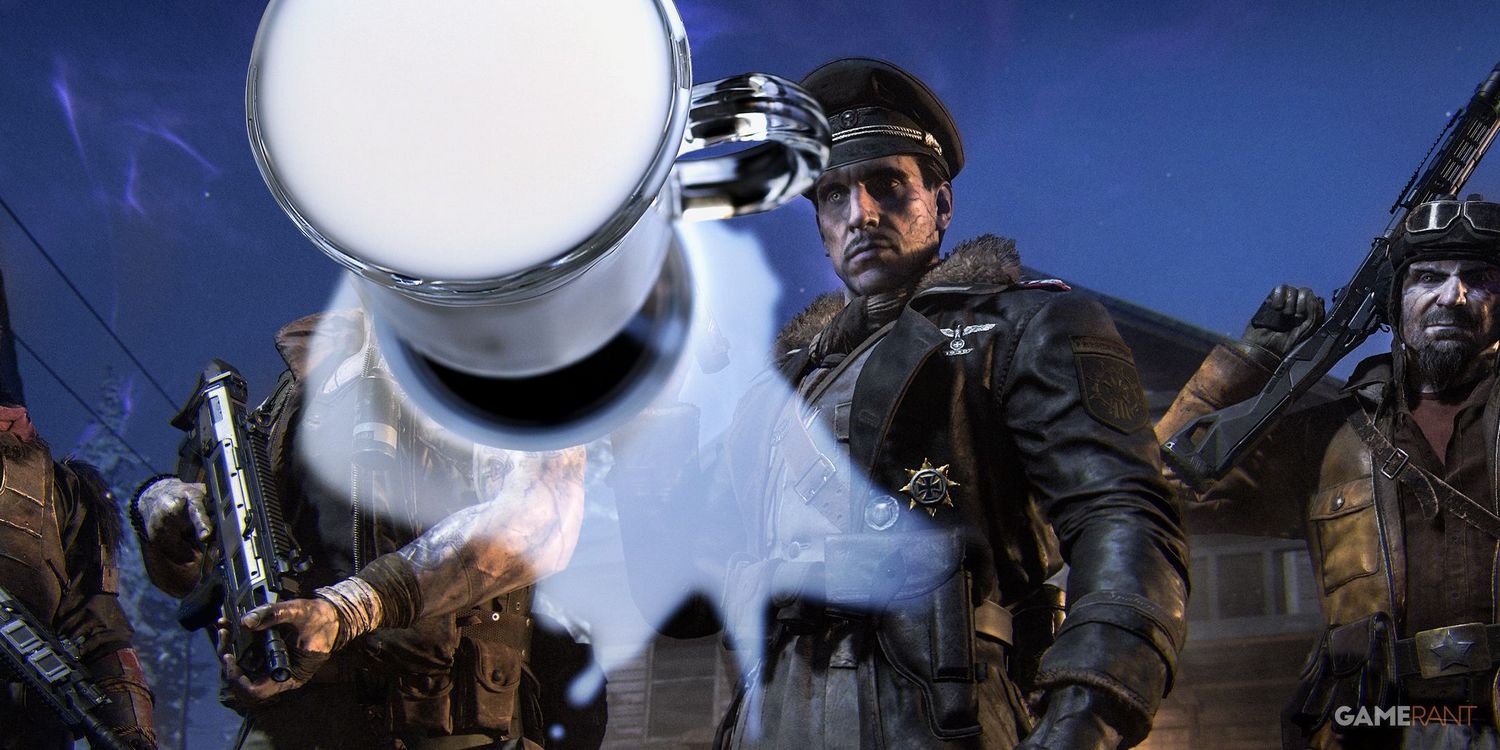 In the world of Call of Duty, the seasons of a game are as predictable as the sun rising: a new one arrives every few months, bringing with it new content, a Battle Pass, and a host of cosmetic items to purchase. For years, players have grown accustomed to this cycle, buying expensive weapon blueprints and operator skins with the tacit understanding that this content would not carry over to the next year’s title. This all changed with the launch of Black Ops 6, which promised a new “Carry Forward” program that would allow players to bring their purchased and unlocked content into the next game, Black Ops 7. This was hailed as a major win for consumers, a rare moment of goodwill from a publisher often criticized for its aggressive monetization. However, in a shocking move that has sent shockwaves through the community, the development team has now reversed that decision. As a result, fans are rightfully feeling betrayed, and their anger, which some might see as crying over “spilled milk,” is entirely justified. This is not about a single cosmetic item; it’s about a broken promise, a blatant disregard for player investment, and a fundamental erosion of trust between the developers and their most dedicated fanbase.
In the world of Call of Duty, the seasons of a game are as predictable as the sun rising: a new one arrives every few months, bringing with it new content, a Battle Pass, and a host of cosmetic items to purchase. For years, players have grown accustomed to this cycle, buying expensive weapon blueprints and operator skins with the tacit understanding that this content would not carry over to the next year’s title. This all changed with the launch of Black Ops 6, which promised a new “Carry Forward” program that would allow players to bring their purchased and unlocked content into the next game, Black Ops 7. This was hailed as a major win for consumers, a rare moment of goodwill from a publisher often criticized for its aggressive monetization. However, in a shocking move that has sent shockwaves through the community, the development team has now reversed that decision. As a result, fans are rightfully feeling betrayed, and their anger, which some might see as crying over “spilled milk,” is entirely justified. This is not about a single cosmetic item; it’s about a broken promise, a blatant disregard for player investment, and a fundamental erosion of trust between the developers and their most dedicated fanbase.
 The Broken Promise and the “Authenticity” Excuse
The Broken Promise and the “Authenticity” Excuse
The core of the controversy stems from a recent community update from the developers. In a lengthy blog post, they announced that operators, operator skins, and weapons from Black Ops 6 will no longer carry forward into Black Ops 7. The reason given for this abrupt U-turn? The need for Black Ops 7 to “feel authentic to Call of Duty and its setting.” The developers acknowledged the feedback from a vocal segment of the community that has grown tired of the increasingly outlandish and “goofy” skins that have become a hallmark of the franchise, from bizarre celebrity crossovers to brightly colored, non-military-style outfits. While this feedback is valid, using it as an excuse to completely remove all “Carry Forward” content is a transparent and insulting maneuver.
Here’s why the excuse falls flat and why fans are justified in their outrage:
- The Initial Promise: The “Carry Forward” feature was a major selling point for Black Ops 6. Players who purchased expensive bundles and spent countless hours grinding for rewards did so under the explicit belief that their investments would have long-term value. Now, that promise has been broken, and the value of their time and money has been stripped away.
- The Lack of a Middle Ground: If the goal was to make Black Ops 7 more “authentic,” the developers could have easily found a middle ground. They could have implemented a system that only allowed for the carry-over of “authentic” or military-style skins, or they could have given players the option to turn off seeing the more outlandish ones. Instead, they chose to take the easy way out, punishing the entire player base for the sake of a more “grounded” aesthetic.
- The Financial Betrayal: Players are not just losing in-game items; they are losing the value of real-world money they spent on these cosmetics. A single bundle can cost upwards of $20, and a full collection of operator skins can cost hundreds of dollars. For many players, this money was spent under the assumption that the content would be usable for at least another year. This decision essentially renders those purchases obsolete, creating a new level of consumer distrust.
 A No-Win Situation for Activision
A No-Win Situation for Activision
From a business perspective, this was a difficult situation with no easy solution. By initially announcing the “Carry Forward” program, Activision created a powerful incentive for players to buy cosmetics. By reversing it, they have now angered a different, but equally passionate, segment of their audience. This highlights a fundamental problem with the annual release cycle and aggressive monetization model of the Call of Duty franchise. Each year, the game is a blank slate, and players are expected to spend money to rebuild their cosmetic collections. The “Carry Forward” program was a genuine attempt to change that model, but the reversal proves that the company is more concerned with appeasing a loud minority than with honoring its promises to the majority of its players.
 The backlash from the community has been swift and brutal. Social media platforms are filled with posts from players expressing their disappointment and anger. Many have stated that they will be much more hesitant to purchase cosmetic items in the future, as they can no longer trust that their investments will be respected. This is the real cost of the controversy: a breakdown of trust that will be difficult to rebuild.
The backlash from the community has been swift and brutal. Social media platforms are filled with posts from players expressing their disappointment and anger. Many have stated that they will be much more hesitant to purchase cosmetic items in the future, as they can no longer trust that their investments will be respected. This is the real cost of the controversy: a breakdown of trust that will be difficult to rebuild.
 While some may view this as a minor issue, the emotional and financial investment players have in a game they play for hundreds of hours is very real. The anger isn’t about “spilled milk;” it’s about a shattered promise. The “authenticity” of Black Ops 7 will come at the cost of the authenticity of its relationship with its players, and that is a much bigger loss than any number of cosmetic skins.
While some may view this as a minor issue, the emotional and financial investment players have in a game they play for hundreds of hours is very real. The anger isn’t about “spilled milk;” it’s about a shattered promise. The “authenticity” of Black Ops 7 will come at the cost of the authenticity of its relationship with its players, and that is a much bigger loss than any number of cosmetic skins.










 Fall Guys
Fall Guys  Free Fire
Free Fire  Minecraft
Minecraft  Schedule I
Schedule I  Candy Crush Saga
Candy Crush Saga  Geometry Dash
Geometry Dash  Toca Boca World
Toca Boca World  Call of Duty
Call of Duty  Sonic the Hedgehog™ Classic
Sonic the Hedgehog™ Classic  FIFA 23
FIFA 23